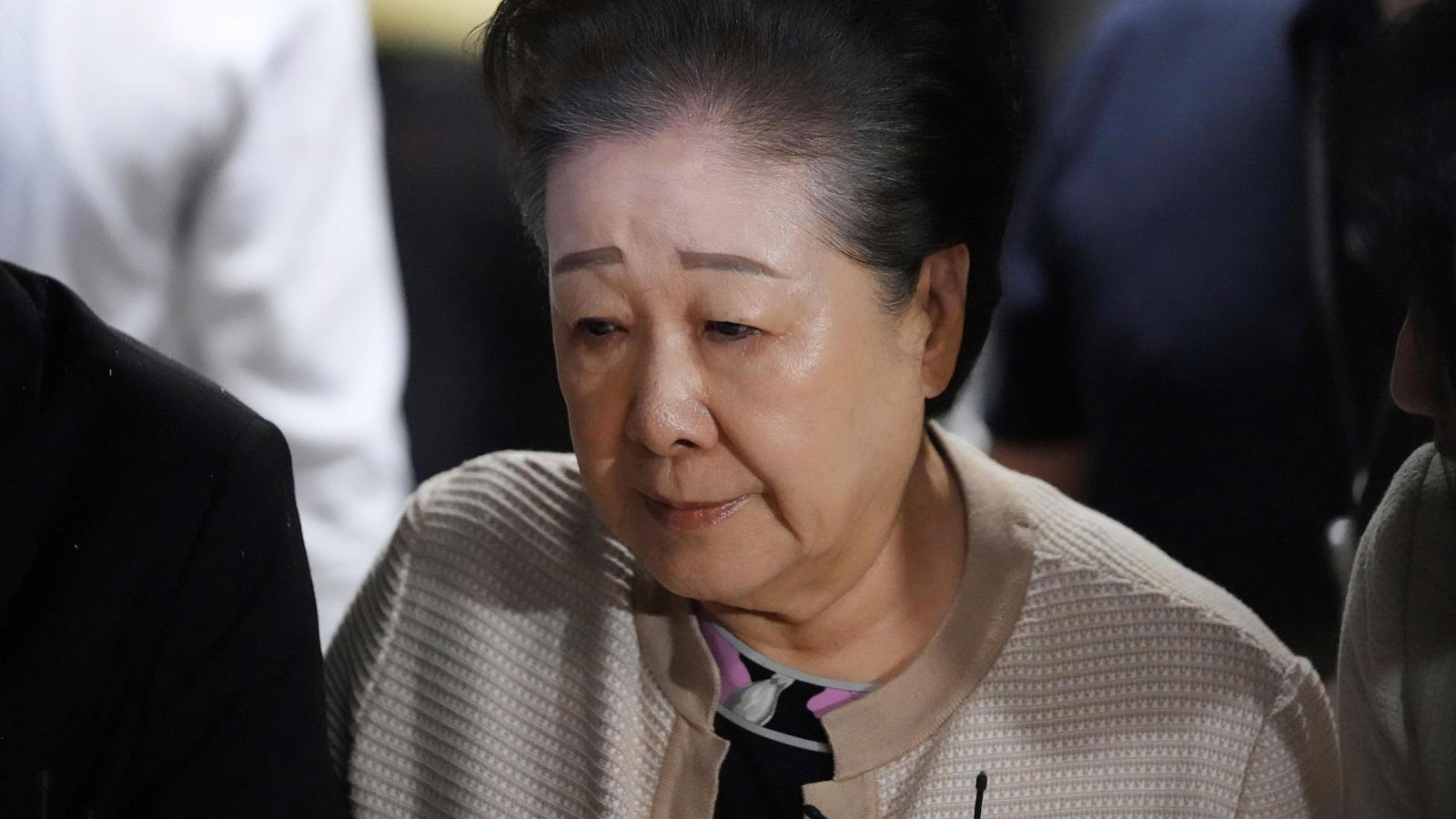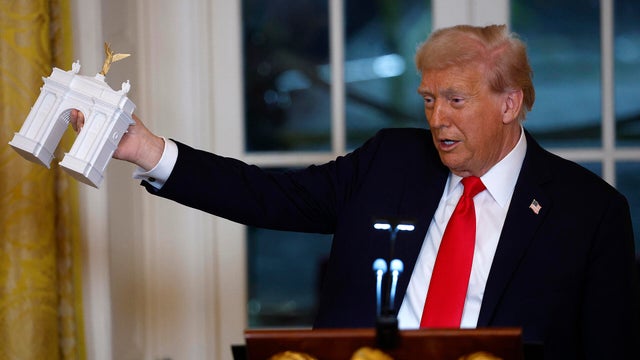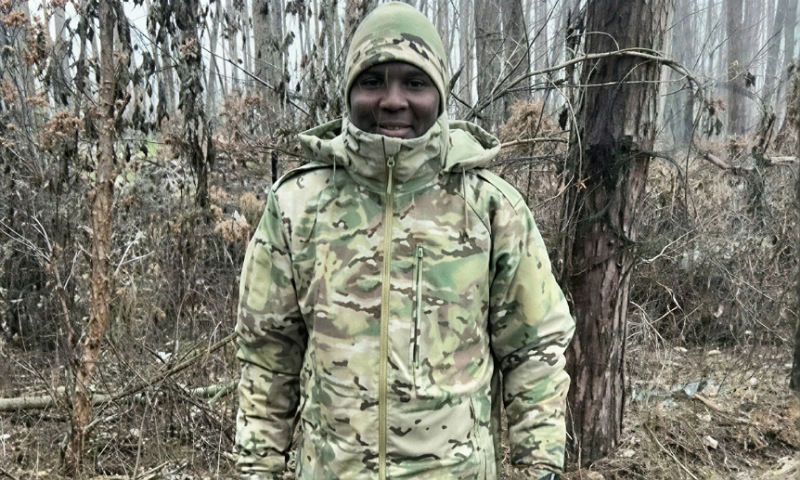South Korean prosecutors accuse the Unification Church of using luxury gifts and political funding to curry favors from former First Lady Kim Keonhee and a conservative lawmaker, Kweon Seongdong. Investigators say the church allegedly offered Chanel bags, a diamond necklace, and campaign support in return for political and business advantages. They claim these transactions helped the church gain influence in government decisions and development projects. The church leadership and Han Hakja, its leader, deny wrongdoing and say any misconduct came from a rogue official acting without institutional approval.
Raids and Questioning
Authorities raided the Unification Church’s headquarters in Gapyeong and a branch office in Seoul to seize records, computer files, and evidence. Among the items under review are internal accounting ledgers, donation logs, and communication records. Han Hakja appeared for questioning after previously refusing a summons due to health reasons. Prosecutors want to know whether she authorized or was aware of the efforts to bribe or influence Kim Keonhee.
Key Figures and Denials
Kim Keonhee, who has already been indicted on bribery charges, allegedly received gifts from church affiliated individuals. She denies any illegal actions, but prosecutors say evidence shows she may have granted favors in exchange. Kweon Seongdong, the lawmaker, faces allegations of receiving illicit political funds. The church’s leader, Han Hakja, has issued statements saying she never directed any illegal transactions and regrets if any church official overstepped his authority. Officials under investigation include spiritual broker Jeon Seongbae, media-linked church executives, and senior figures who may have facilitated the gift exchange.
The Church’s Business Religion Complex
Commentators argue that the Unification Church blends religious activity with political and business ambitions. Critics describe its internal structure as enabling political lobbying through donations, media ownership, and influence over political appointments. Scholars say the church has long courted politicians with promises of support in business and public projects. Due to these ties, the current investigations carry high stakes. If investigators prove systemic wrongdoing, they could force structural reforms or increased regulation of religious organizations in the country.
Implications for South Korean Politics
This probe lands amid heightened scrutiny of the previous administration under Yoon Suk-yeol. Since several corruption and abuse of power investigations have emerged, public officials’ trust remains fragile. If the accusations hold, they could tarnish reputations, alter political dynamics in the People Power Party, and influence future elections. For Kim Keonhee, the allegations lead to legal jeopardy and a possible weakening of her support base. Moreover, this case raises questions about transparency in political funding and gifts.
What to Watch Next
Prosecutors will likely release more evidence from seized documents and witness statements. They may request arrest warrants, expanded charges, or formal indictments of other church figures if evidence supports it. Meanwhile, the church may face pressure not only legally but socially, as public opinion shifts. Also, legal reforms or oversight of religious groups and political graft may be proposed to prevent similar cases in the future.
Bonus Read: Suspect Arrested for Charlie Kirk Killing Faces Capital Murder Charges




https://shorturl.fm/nKRwe